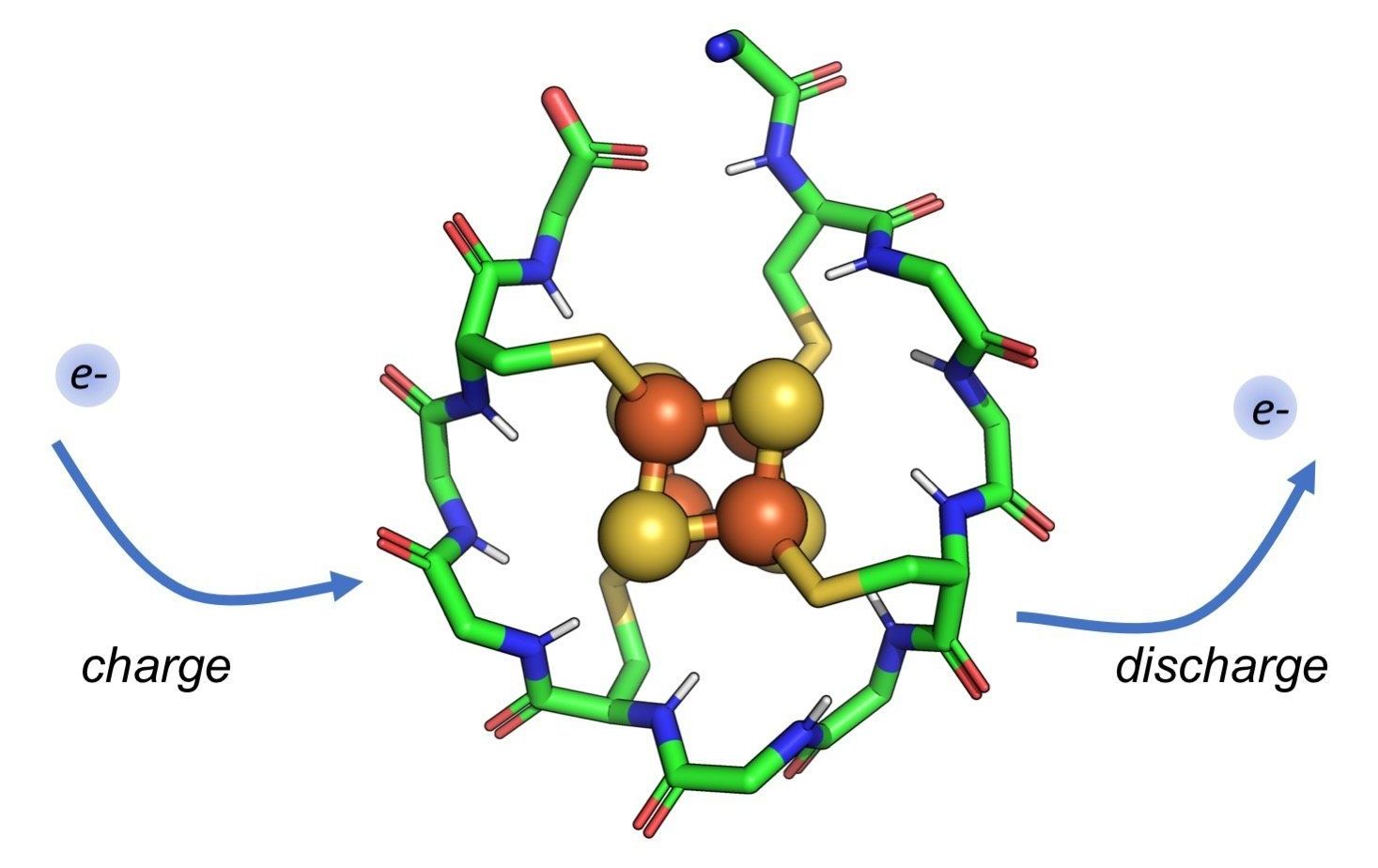How did life arise on Earth? Rutgers researchers have found among the first and perhaps only hard evidence that simple protein catalysts—essential for cells, the building blocks of life, to function—may have existed when life began.
Their study of a primordial peptide, or short protein, is published in the Journal of the American Chemical Society.
In the late 1980s and early 1990s, the chemist Günter Wächtershäuser postulated that life began on iron- and sulfur-containing rocks in the ocean. Wächtershäuser and others predicted that short peptides would have bound metals and served as catalysts of life-producing chemistry, according to study co-author Vikas Nanda, an associate professor at Rutgers’ Robert Wood Johnson Medical School.
Read more
